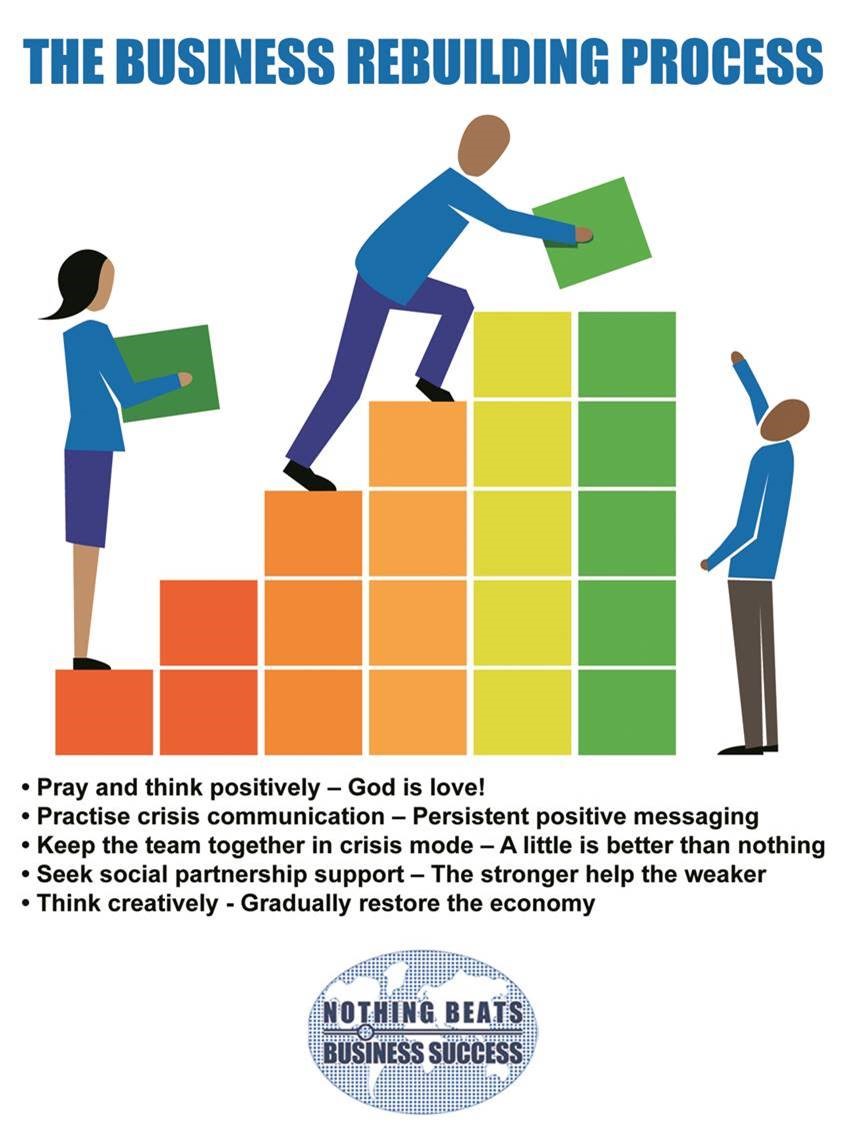“O afflicted one, storm-tossed and not comforted, behold, I will set your stones in antimony, and lay your foundations with sapphires.” – Isaiah 54:11.
COVID-19 is a tough, rampant and persistent virus which has led to a global health care crisis. We know little about the COVID-19 pandemic response cycle. We are gathering information country by country as the virus spreads and the prospect for a vaccine to protect us is months, if not years, away. Small nations may appear to be able to contain it relatively easily, if we stay at home, or so we think, but the danger is in the asymptomatic carriers of the virus who may escape the limited testing network.
The local “stay at home” lockdown may be lifted when the risk of community spread is deemed to be low. However, if the national borders are reopened to the world while the virus is still at its ravaging best in some countries, then the chance of reinfection in small nations is great. Therefore, small nations must be cautious about opening their borders to human traffic prematurely. This frustrates the timing of the reopening of the international tourism industry. As small nations rebuild, the initial focus has therefore to be on internal trade of goods and services and external trade of virtual services to get the economy going again. We have no choice but to pray and think positively and remember that, irrespective of your religious persuasion, God is Love.
In addition to the health care crisis, the necessary closing of the borders and the lockdown have thrust us into an economic crisis as evidenced by the reduced flow of money, increased unemployment and less access to goods and services which support the lifestyle to which we have grown accustomed. Crisis communication among stakeholders, which include producers, enablers and consumers, is paramount. Persistent positive messaging must be the order of the day in support of comprehensive decisions to stabilize the future.
Keeping the business team together in the crisis is the secret to a successful rebuilding process. We have heard or read stories of World Wars I and II and the sacrifices that had to be made. A friend confirmed my speculation that COVID-19 is World War III and prayed that we would be spared the full brunt of battles at any of our doorsteps.
As we practise self-sacrifice to rebuild our economies, we create an opportunity for posterity to thrive. Remember it is not only COVID-19 that we are up against, there is the underlying and growing impact of climate change, one element of which is the vicious hurricanes that we sometimes experience in the Caribbean.
The Caribbean social partners must work together with the international community to help in the rebuilding process. What do we have to offer? We are an attractive region which is rich in potential attractive business value propositions.
There are many Caribbean alternatives to restore our economies, including food (grow what we eat and export), medicinal cannabis, regional transportation, tourism (regional, global, sports, festivals, cultural, food, carnivals, music), financial services, digital currencies, the advent of 5G, and oil and gas.

(Dr. Basil Springer GCM is a Change-Engine Consultant. His email address is basilgf@marketplaceexcellence.com. His columns may be found at www.nothingbeatsbusiness.com/basil-springer-column/ and on www.facebook.com/basilgf).
